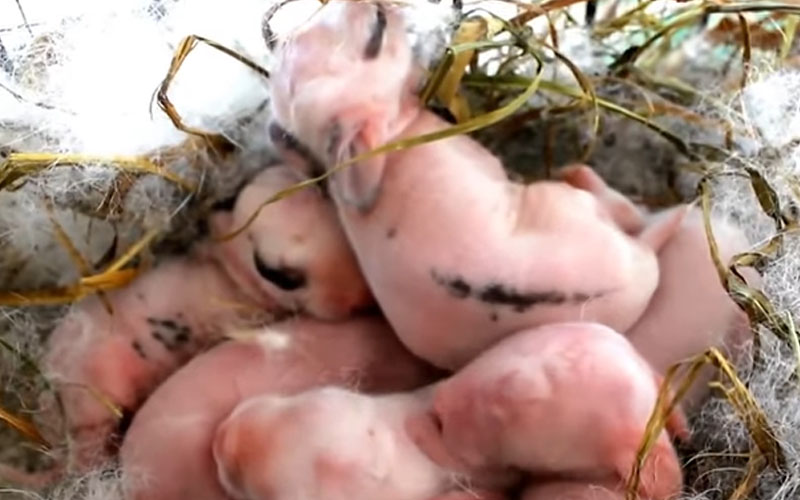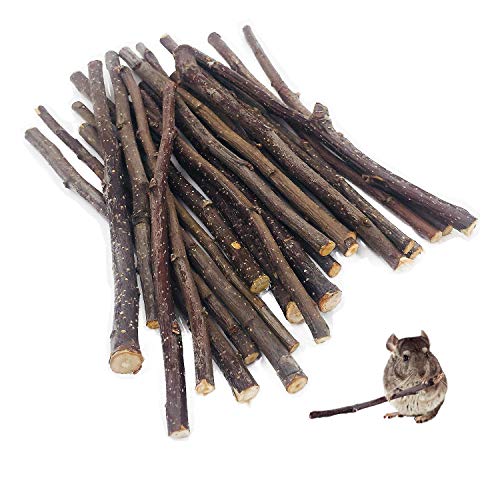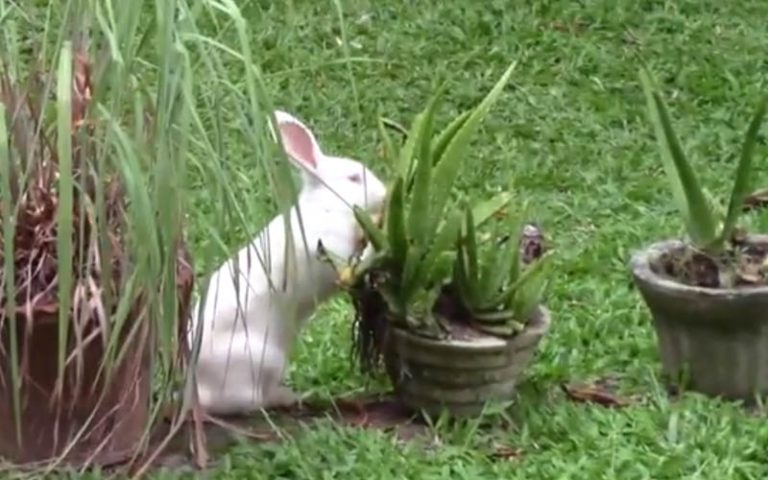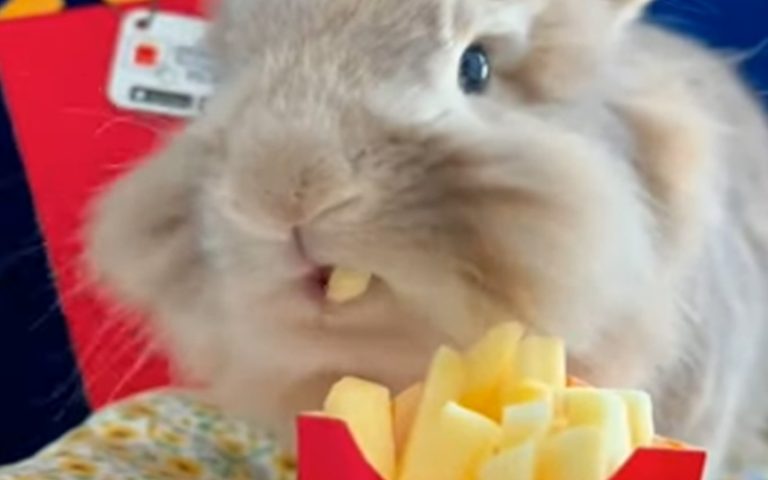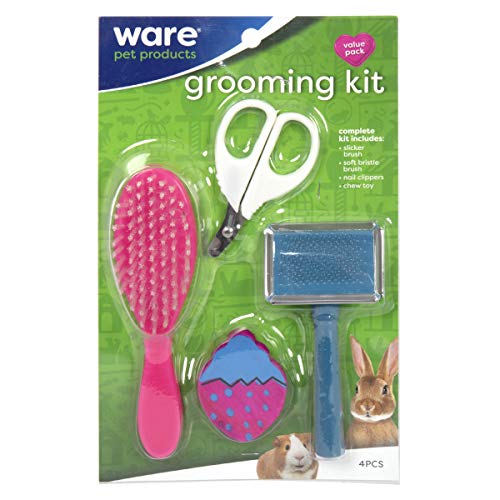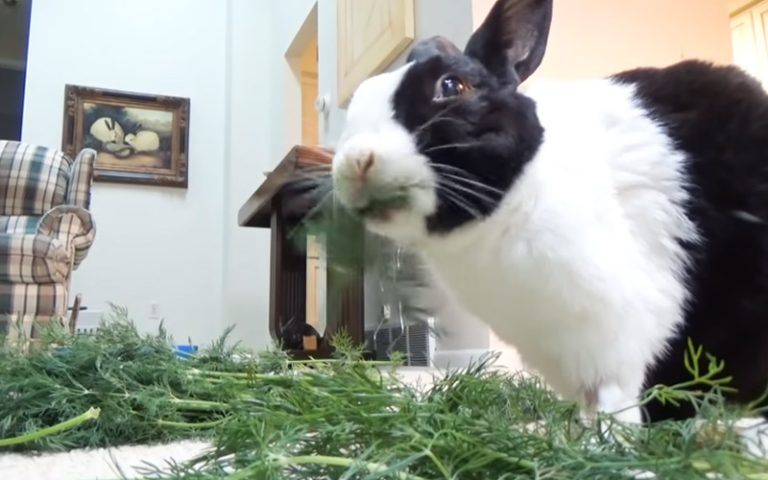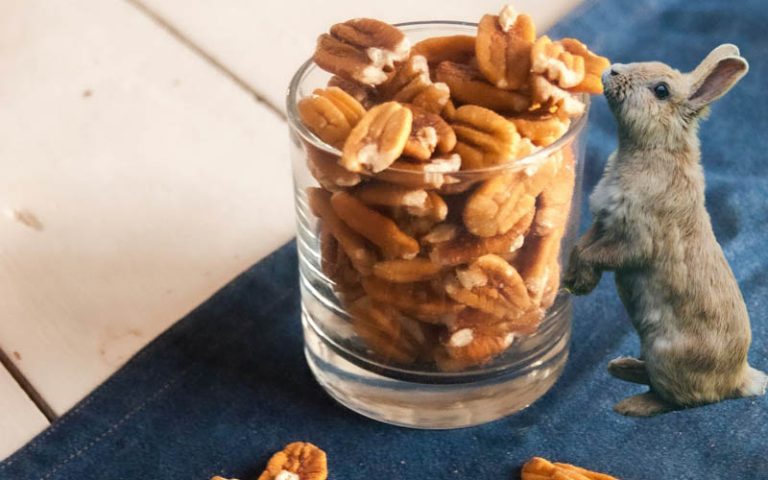Why Do Rabbits Kill Their First Litter?
Rabbits may unintentionally harm their initial offspring due to stress or inexperience. The anxiety of parenthood or an unfamiliar environment can trigger this behavior. It’s vital to provide a calm and secure environment for rabbits during their first pregnancy to minimize the risk of accidental harm to their litter.
Is It Common for Rabbits to Kill Their Babies?
It is not common for rabbits to intentionally kill their babies. Generally, rabbits are nurturing parents and take good care of their offspring. However, instances of accidental harm can occur, especially if the mother is stressed or feels threatened.
Do Rabbits Usually Lose Their First Litter?
Rabbits typically do not lose their first litter. In most cases, mother rabbits, known as does, successfully care for and raise their first batch of offspring. It’s a natural instinct for rabbits to nurture their young, and they generally adapt well to parenthood.
Why Do Rabbits Kill Their First Litter?
Rabbits do not typically kill their first litter intentionally. In fact, it is quite the opposite. Rabbits are generally nurturing and protective parents, and instances of them intentionally killing their offspring are rare.
However, there are some reasons why a rabbit might not be successful in raising its first litter. Let’s explore some potential factors:
- Inexperience: Like any new parent, rabbits can struggle with their first litter due to lack of experience. They may not fully understand their role in caring for the babies, leading to unintentional mistakes.
- Stress: Stress is a significant factor that can affect a rabbit’s ability to care for its young. Changes in environment, loud noises, or the presence of predators can induce stress, making it difficult for the rabbit to focus on nurturing its litter.
- Health Issues: Rabbits may experience health problems that interfere with their ability to care for their offspring. Conditions such as infections, malnutrition, or injuries can compromise the parent’s well-being and hinder their ability to care for their babies.
- Environmental Factors: The living conditions of the rabbit can play a role in the success of raising a litter. Inadequate nesting materials, inappropriate temperatures, or a lack of privacy can create an unsuitable environment for newborns.
- Lack of Nesting Skills: Some rabbits may not have developed proper nesting instincts, which are crucial for creating a safe and comfortable space for the young ones. This deficiency can lead to a higher likelihood of accidents or neglect.
- Maternal Aggression: While it’s uncommon, certain situations may trigger maternal aggression in rabbits, causing them to harm their offspring. This can be linked to fear, territorial disputes, or hormonal imbalances.
- Genetic Factors: In rare cases, there may be genetic factors at play that affect the parenting abilities of a rabbit. These could include inherited behavioral traits that make it challenging for the rabbit to care for its litter effectively.
Why Did My Rabbit’s First Litter Die?
Your rabbit’s first litter likely died due to several common reasons, including inadequate nutrition, insufficient maternal care, or genetic abnormalities. Insufficient feeding or poor diet can lead to weak offspring unable to thrive.
Lack of proper maternal care, such as not keeping the nest warm or failing to groom the newborns, can also result in their demise. Genetic issues, like hereditary diseases or breeding closely related rabbits, may contribute to higher mortality rates in newborns.
FAQ
Male rabbits do not kill their babies. They typically play a protective and caring role in the family. They contribute to the well-being of the offspring by providing warmth and occasional grooming. The responsibility of raising the babies usually falls on the mother rabbit, who ensures their safety and nourishment.
Female rabbits may harm or kill other rabbits’ babies. It happens when a mother rabbit, for various reasons, sees the newborns as a threat to her territory or resources. In such situations, she might attack or even fatally injure the babies. This behavior is instinctual and can occur in some cases.
Separating mother rabbits from their babies is generally not recommended. Doing so can cause stress for both the mother and the babies. It’s crucial to let them bond and for the mother to provide care and nourishment. Separation should only be considered in specific situations, such as if the mother shows aggression towards the babies. Otherwise, allowing them to stay together promotes a healthier and happier environment for the rabbit family.
Infanticide is not widespread among all rabbit breeds. While some may exhibit occasional aggressive behavior, such as attacking newborns, it’s not a universal trait. Most rabbits, regardless of breed, typically care for their offspring.

